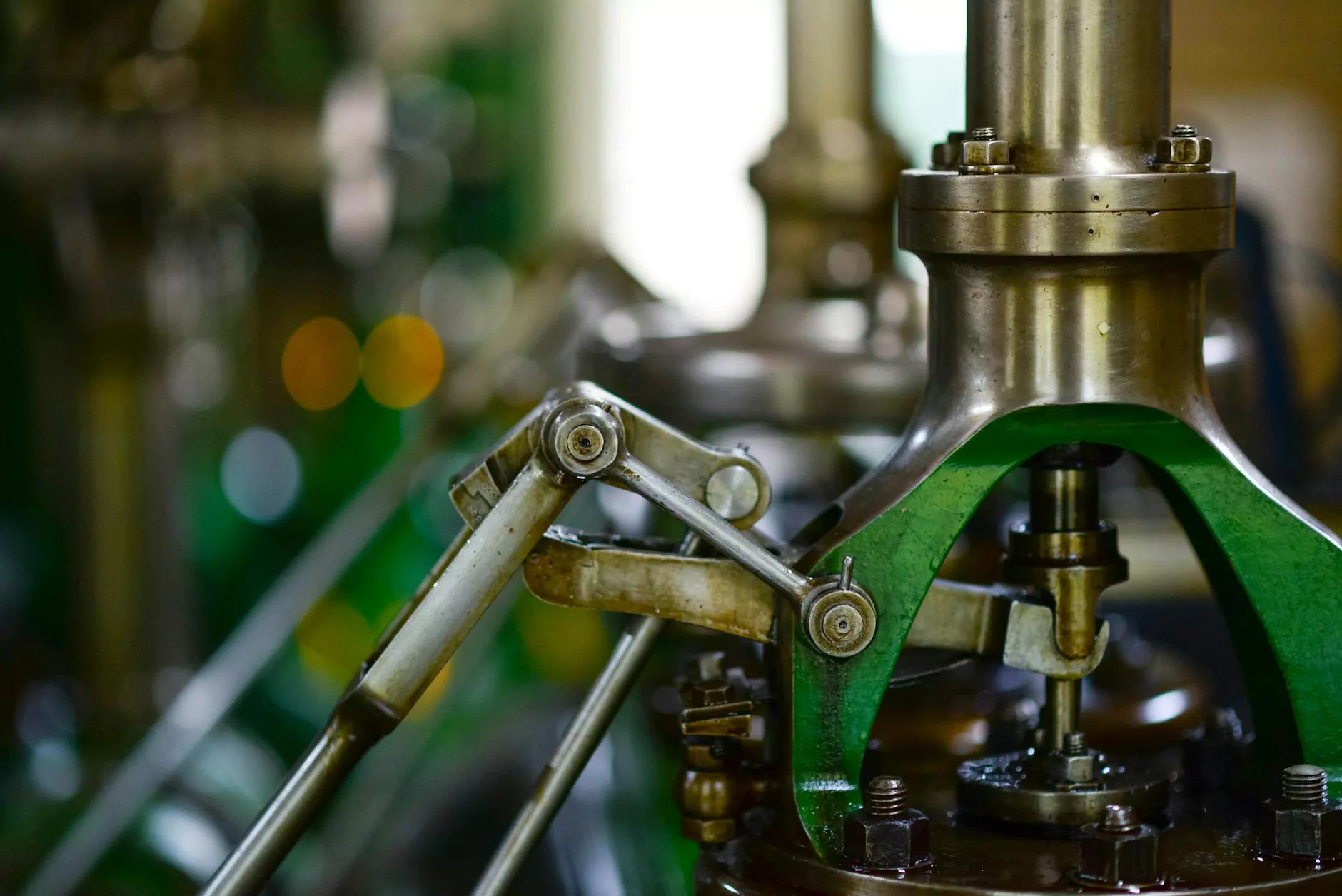The Role of Auto Components Manufacturers in the Automotive Industry

The automotive industry is a cornerstone of modern economies, driving innovation, employment, and technological advancement. At the heart of this industry are the auto components manufacturers, who play a crucial role in the production of vehicles. This article delves into the significance of auto components manufacturers, their impact on the automotive sector, and the future outlook of this vital segment.
Understanding Auto Components Manufacturers
Auto components manufacturers are companies dedicated to producing various parts and assemblies that are integral to the functioning of vehicles. These components range from basic mechanical parts to advanced electronics and complex systems. The responsibilities of these manufacturers include:
- Designing: Creating innovative and efficient designs for automotive components.
- Engineering: Utilizing engineering principles to ensure safety, durability, and performance.
- Producing: Manufacturing parts in large volumes while adhering to stringent quality standards.
- Testing: Conducting rigorous testing to meet regulatory requirements and performance expectations.
- Supplying: Ensuring timely delivery of components to automakers and the aftermarket.
The Importance of Quality in Auto Parts
In the world of automotive manufacturing, quality is paramount. The performance and safety of vehicles directly depend on the quality of the parts used. Auto components manufacturers are required to maintain high standards of quality control to prevent defects that could lead to costly recalls or, worse, accidents on the road. Quality assurance processes typically include:
- Material selection: Choosing high-grade materials that can withstand stress and environmental factors.
- Precision manufacturing: Utilizing advanced machinery to ensure precision in dimensions and tolerances.
- Regular inspections: Implementing systematic inspections during and after production.
- Certifications: Achieving certifications such as ISO/TS 16949 which demonstrate commitment to quality standards.
Trends in Auto Components Manufacturing
The automotive industry is undergoing a profound transformation driven by technology and changing consumer preferences. Here are some significant trends affecting auto components manufacturers today:
1. Electrification of Vehicles
With the global shift towards electric vehicles (EVs), auto components manufacturers are pivoting to develop components specific to electric drivetrains. This includes:
- Battery systems: Creating efficient battery packs that maximize range and reduce weight.
- Electric motors: Designing motors that offer optimal performance and energy efficiency.
- Charging infrastructure: Developing components that support rapid and efficient vehicle charging.
2. Advanced Manufacturing Technologies
Technologies such as 3D printing, robotics, and artificial intelligence are revolutionizing how components are manufactured. These advancements allow for:
- Customization: Enabling manufacturers to produce tailored components for specific vehicle models.
- Cost reduction: Reducing production costs through automation and efficient material utilization.
- Shortened lead times: Speeding up the manufacturing process to meet market demand quickly.
3. Sustainability and Eco-friendly Practices
As environmental concerns grow, auto components manufacturers are adopting sustainable practices. This includes:
- Recycled materials: Utilizing recycled materials to reduce waste and environmental impact.
- Energy-efficient processes: Implementing processes that minimize energy consumption during manufacturing.
- Life Cycle Assessment (LCA): Integrating LCA to evaluate the environmental impacts of components throughout their lifecycle.
Challenges Faced by Auto Components Manufacturers
The path for auto components manufacturers is not without its challenges. Some of the prominent issues include:
1. Supply Chain Disruptions
Recent global events have highlighted the vulnerability of supply chains. Manufacturers must navigate:
- Material shortages: Identifying alternative suppliers and materials to meet production demand.
- Logistics delays: Overcoming disruptions in transportation and shipping to ensure timely delivery of components.
2. Compliance with Regulations
With stringent regulations regarding safety and environmental standards, manufacturers must invest in compliance and risk management strategies. This entails:
- Staying updated: Continuously monitoring regulatory changes at local, national, and international levels.
- Training staff: Reinforcing training for employees to ensure adherence to compliance protocols.
3. Technological Adaptation
The rapid pace of technological change demands that manufacturers remain agile, which can involve:
- Investing in new technologies: Allocating resources to upgrade manufacturing capabilities.
- Skilling the workforce: Ensuring employees are trained in the latest technologies to maintain competitiveness.
The Future of Auto Components Manufacturing
Looking ahead, the landscape for auto components manufacturers is evolving rapidly. Remarkable innovations and strategic shifts are poised to define the future of the industry. Here are key considerations for the future:
1. Integration of Smart Technologies
The advent of the Internet of Things (IoT) and smart technologies will enable manufacturers to produce smarter components that connect seamlessly with vehicles. This integration will enhance:
- Performance monitoring: Real-time monitoring of parts to predict failures and enhance maintenance.
- Driver experience: Providing functionalities that improve safety and user comfort.
2. Growth of the Aftermarket
As vehicles become more complex, the aftermarket for auto components will continue to expand. Opportunities in this sector include:
- Replacement parts: Offering durable and reliable aftermarket components for vehicle restoration and repair.
- Upgrades and enhancements: Increasing demand for performance-enhancing components for enthusiasts and tuners.
3. Globalization and Market Expansion
As markets in emerging economies grow, manufacturers have the potential to expand their reach. Factors influencing this include:
- Emerging markets: Capitalizing on the growing automotive markets in Asia, Africa, and Latin America.
- Partnerships and collaborations: Forming alliances with local manufacturers to leverage market insight and distribution channels.
Conclusion
In summary, auto components manufacturers are essential players in the automotive industry, influencing everything from vehicle safety and performance to environmental sustainability and innovation. As the industry faces unprecedented challenges and opportunities, manufacturers who adapt and embrace change will not only survive but thrive in this dynamic landscape. Investing in quality, technology, and sustainability will be the keys to future success. By focusing on these areas, businesses like imautoparts.com can lead the way in the auto parts and supplies market, paving the journey for the next generation of automotive excellence.









